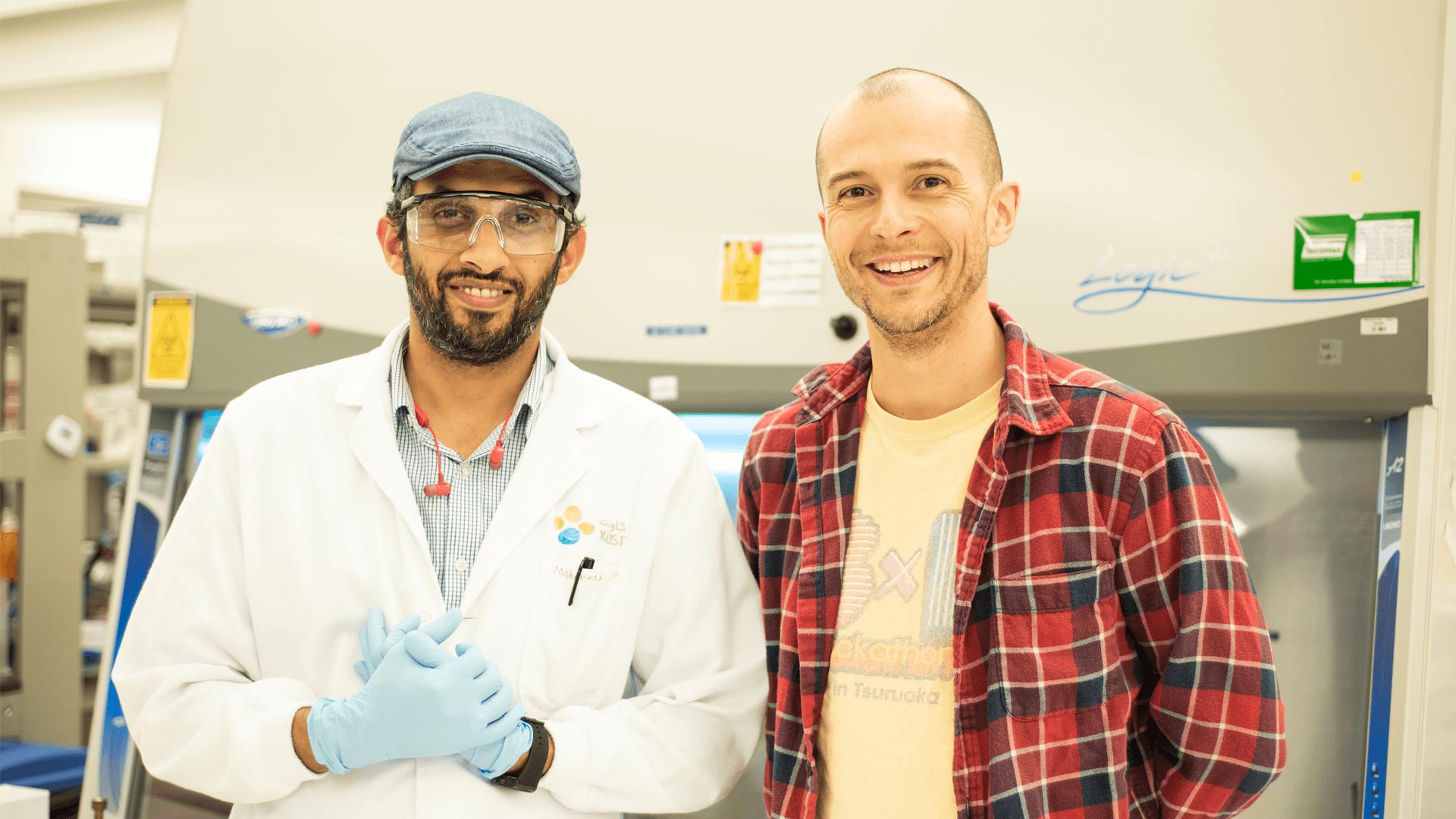The KAUST Computational Bioscience Research Center (CBRC) and King Abdulaziz City for Science and Technology (KACST) have collaborated under the umbrella of the National Infectious Disease Initiative to enrich research done on methicillin-resistant Staphylococcus aureus (MRSA).
The overall purpose is to understand the mechanisms of MRSA drug resistance specific to the Kingdom and to certain regions of the country, as some regions may be more prone to having multidrug-resistant strains. The project is designed to promote multidisciplinary interinstitutional collaborations with relevant Saudi universities and research centers to combat infectious diseases in Saudi Arabia.
"Understanding the genetic diversity of…this pathogen is important for developing public health strategies to prevent infections, prevent the further increase in resistance and develop new treatment strategies for these kinds of infections," said Robert Hoehndorf, KAUST assistant professor of computer science.

The two-year project that began in July 2018 is part of the national initiative on infectious diseases to enhance the management of infectious disease outbreaks in the Kingdom. The KACST-led initiative aims to bring infectious disease researchers in the country together by creating a network of experts coming from various backgrounds and working towards the same goal: curbing infectious diseases.
The initiative is driven by the needs and demands of the researchers who participate in the project and is supported by KACST's Infectious Disease Program, which is part of the health initiative led by KACST. The Infectious Disease Program is a national research and development-based program geared towards national capacity building for prediction, prevention and control of endemic, epidemic, emerging and re-emerging infectious diseases in Saudi Arabia.
"Our aim is to support a network of researchers in this country. Researchers have different objectives, as it is a broad research network with researchers who have different expertise," Hoehndorf said.
CBRC excels in computational analysis. With the help of the University's Core Labs, the center will sequence samples from around the Kingdom, perform the bioinformatics analysis and return the analyzed results to the researchers in the network.
"What we are doing is something that is quite unique worldwide. Sequencing at this very large scale and collecting the large amount of metadata together with the pathogen samples will generate a very valuable resource for infectious disease research," Hoehndorf noted. "This is something that is enabled by the technologies we have here at KAUST and in our Core Labs—something that only a few other sequencing facilities in the world can do."
"The network will provide a platform for people in the healthcare sector to engage with scientists and data scientists in order to maximize the utilization of computational science in the clinical field, something in which the CBRC excels," said Mohammed Alarawi, a CBRC research specialist.
Read the full article
